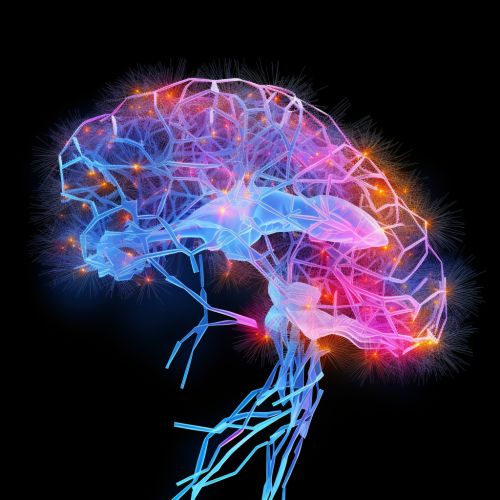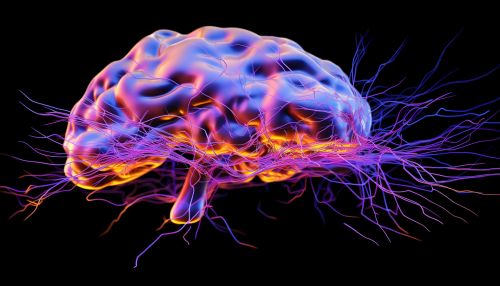Attention Deficit Hyperactivity Disorder
Overview
Attention Deficit Hyperactivity Disorder (ADHD) is a neurodevelopmental condition characterized by persistent patterns of inattention, hyperactivity, and impulsivity that interfere with functioning or development. It is one of the most common psychiatric disorders in children and adolescents, but it can also persist into adulthood.


Symptoms and Diagnosis
The symptoms of ADHD can be divided into two categories: inattention and hyperactivity/impulsivity. Inattention may manifest as frequent mistakes in schoolwork, difficulty sustaining attention in tasks or play activities, and often forgetting daily activities. Hyperactivity may be seen as excessive fidgeting, leaving one's seat in situations where remaining seated is expected, or talking excessively. Impulsivity may include blurting out answers before questions have been completed or difficulty waiting one's turn.
Diagnosis of ADHD involves a comprehensive evaluation by a licensed clinician, such as a pediatrician, psychologist, or psychiatrist with expertise in ADHD. The Diagnostic and Statistical Manual of Mental Disorders, Fifth Edition (DSM-5) provides criteria for the diagnosis of ADHD.
Causes and Risk Factors
The exact cause of ADHD is unknown, but it is believed to involve a combination of genetic, environmental, and neurological factors. Genetic factors are believed to play a significant role, with studies suggesting that ADHD is highly heritable. Environmental factors that may contribute to the development of ADHD include prenatal exposure to alcohol or tobacco, premature birth, and low birth weight. Neurologically, ADHD is associated with an imbalance in neurotransmitter systems in the brain, particularly those involving dopamine and norepinephrine.
Treatment
Treatment for ADHD typically involves a combination of medication, psychotherapy, and educational interventions. Medications used to treat ADHD include stimulants such as methylphenidate and amphetamines, as well as non-stimulant medications such as atomoxetine and guanfacine. Psychotherapy approaches often used in the treatment of ADHD include cognitive-behavioral therapy (CBT), behavior therapy, and family therapy. Educational interventions may involve special education services, accommodations, or modifications in the classroom.
Prognosis
The prognosis for individuals with ADHD varies widely and is influenced by a variety of factors, including the severity of symptoms, the presence of co-occurring disorders, and the individual's response to treatment. Some individuals with ADHD may experience significant impairment in academic, occupational, and social functioning, while others may be able to manage their symptoms effectively with treatment and lead productive lives.
